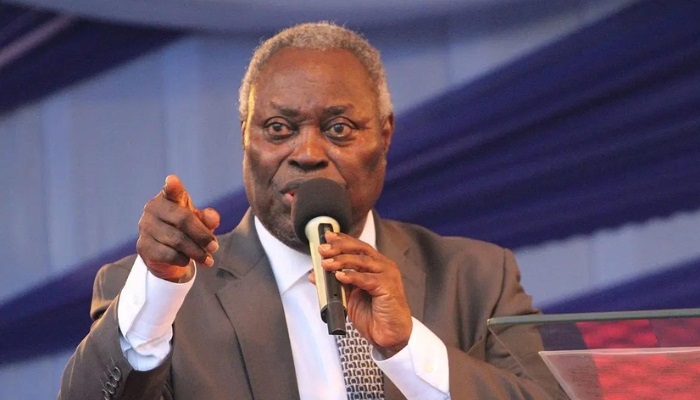On Thursday, President Bola Tinubu enacted four revolutionary tax reform bills, fundamentally altering Nigeria’s fiscal and revenue framework.
The bills were approved by the National Assembly following extensive consultations and are designed to significantly enhance tax administration, augment revenue generation, and stimulate both domestic and foreign investments.
These pieces of legislation will merge Nigeria’s fragmented tax laws into a harmonised statute, thereby reducing multiple taxes and eliminating duplication. This initiative will improve the ease of doing business and foster a more predictable fiscal environment. Moreover, they will set up a uniform legal and operational framework for tax administration across the federal, state, and local governments.
In addition, the bills will repeal the existing Federal Inland Revenue Service Act and create a more autonomous and performance-oriented national revenue agency, the Nigeria Revenue Service (NRS). This agency will have an expanded mandate that includes the collection of non-tax revenues, with built-in mechanisms for transparency, accountability, and efficiency.
Moreover, the bills establish a formal governance structure to promote collaboration among revenue authorities at all government levels, introducing vital oversight mechanisms, including a Tax Appeal Tribunal and an Office of the Tax Ombudsman.
The signing ceremony will be witnessed by notable officials, including the Senate President, the Speaker of the House of Representatives, and the Minister of Finance.
Bayo Onanuga, Special Adviser to the President on Information and Strategy, stated that these bills will revolutionise Nigeria’s tax landscape, fostering economic growth and development.





